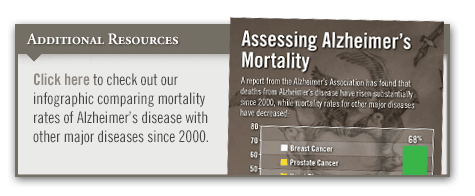According to current data, Alzheimer’s disease (AD) is the sixth leading cause of mortality in the United States. Mild cognitive impairment (MCI) can occur as people age and may lead to the development of dementia or AD. Studies suggest that patients with MCI have a 10-fold increased risk of developing dementia when compared with those who are cognitively normal. “Considering that we have no effective treatments for AD, it’s critical to identify potentially protective factors for developing MCI and progressing to Alzheimer’s,” says Balwinder Singh, MD, MS.
Previous research has shown that the Mediterranean diet has cardioprotective effects and helps reduce the risk of heart-related comorbidities. “A Mediterranean diet involves a high intake of vegetables, legumes, fruits, cereals, and unsaturated fatty acids, mostly in the form of olive oil,” explains Dr. Singh. “It also entails moderate-to-high intake of fish, low-to-moderate intake of dairy products, and a low intake of meat and saturated fatty acids.” Some studies have reported that adherence to the Mediterranean diet can reduce risks of MCI and AD, but others have reported no such protective effects.
A New Protector?
In the Journal of Alzheimer’s Disease, Dr. Singh and colleagues had a study published in which they conducted a systematic review and meta-analysis of available studies on the association between the Mediterranean diet and risk of MCI and AD. The authors screened 664 studies on the topic, with five meeting their eligibility criteria. Adherence to the Mediterranean diet was defined using the “MeDi score,” a nine-point scale in which a value of zero or one is assigned to the nine components of the Mediterranean diet. Lower scores mean poorer adherence, while higher scores correlate with better adherence.

Patients with higher MeDi scores had a reduced risk of MCI and AD, according to the study. Better adherence also correlated with fewer patients transitioning from MCI to AD. Those from the highest adherence tertile had a 33% lower risk of cognitive impairment when compared with the lowest adherence tertile. For cognitively normal patients, there was also a lower risk of MCI and AD among those who scored higher on the MeDi scale. “Our results suggest that the Mediterranean diet may be neuroprotective for MCI and AD if patients stick to it,” says Dr. Singh.
More to Come
Given the limited number of studies on associations between the Mediterranean diet and MCI and AD, Dr. Singh says the results should be interpreted with caution. “We need more prospective longitudinal studies with longer follow-up and randomized control trials to get a better sense of the impact of this diet on outcomes,” he says. “For now, clinicians should at least discuss the Mediterranean diet as a potentially protective option when caring for older patients.”



 TimH
TimH